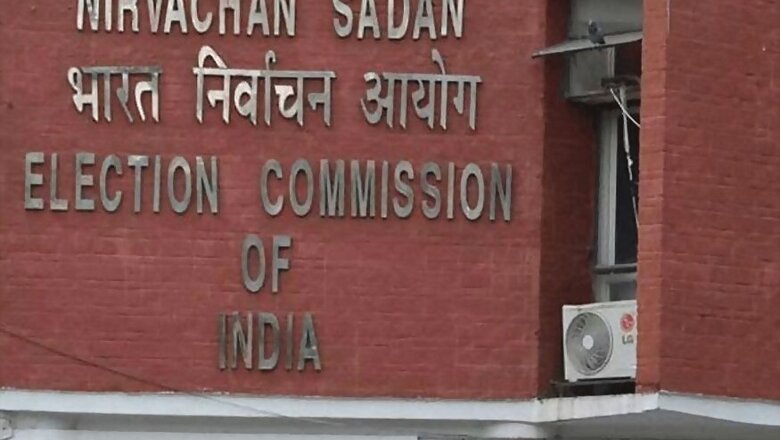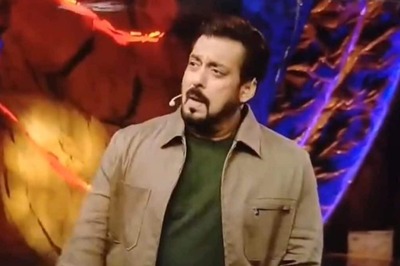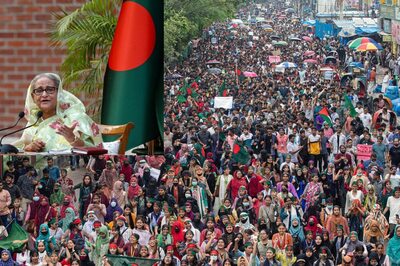
views
New Delhi: Supporting a plea that convicted persons should be stopped from forming political parties, the Election Commission has submitted in the Supreme Court that it must have the power to deregister a political party.
At present, the EC has authority only to register a party but not to de-register. Moreover, the Representation of the People Act, 1951, has no explicit provision for de-registration of a political party.
The Commission has also maintained that "inner party democracy" is "absolutely essential" in our country and it should be able to frame suitable guidelines after the legislature amends the pertinent laws to empower the poll panel.
EC has conveyed its stand to the apex court through an affidavit filed by advocate Amit Sharma in response to a PIL that questioned why convicted persons, otherwise disqualified from contesting polls, should be able to form a political party by taking benefits of a dichotomy in the existing legal regime.
The petition, filed by lawyer-activist Ashwini Upadhyay, also demanded that EC should have power to ensure inner-party democracy.
In the affidavit, the Commission has apparently lamented that it has been writing to the central government for last 20 years to consider amending the Act and give the Commission the appropriate authority to de-register parties but to no avail.
"It is unequivocally submitted herein that the Election Commission of India should be given powers to de-register a political party and, further, should be authorised to issue necessary orders regulating registration and de-registration of political parties, particularly in view of its constitutional mandate," maintained the affidavit filed in response to the PIL.
EC pointed out that while Section 29A of the Act provides for procedure of registration of political parties, "it does not expressly confer any power on the Election Commission of India regarding de-registration of political parties."
Additionally, EC emphasised that the apex court in its judgment in 2002 held that the Commission does not have the power to cancel the registration of a political party for having violated the provisions of the Constitution or for having committed breach of undertaking given to the EC at the time of registration.
The Supreme Court had then said a party can be de-registered only when it has obtained registration by fraud, or on certain other reasons not to be inquired into by EC.
The Commission, stating that it first wrote to the Union Law Ministry in 1998, urged the necessity of giving it the power in view of the fact that many political parties get registered, but never contest election.
"Such parties exist only on paper. The possibility of forming political parties with an eye on availing the benefit of income tax exemption also cannot be ruled out," maintained EC, adding after a review, the Commission 'de-listed' or deleted the names of 255 political parties from its list of registered unrecognized political parties between February 2016 to December 2016.
About the inner-party democracy, EC said that it has always supported this proposition and the recommendations of the Law Commission of India as well as the recommendations of the National Commission to Review the Working of the Constitution (NCRWC) have also found favour with it.
"Election Commission of India endorses the demand for inner party democracy, but it is also clarified that the legislature would have to carry out legislative amendments in order to enable and empower the Election Commission of India to frame guidelines in relation to inner party democracy," said the affidavit.
Imploring the top court to issue suitable directives in the PIL, it stated: "Election Commission of India has actively taken steps for decriminalisation of politics, and has also made recommendations in that regard. However, any further steps to effectively decriminalize politics would require legislative amendments, which is beyond the scope of the Election Commission of India."
The PIL is likely to be heard on Monday. The Central government has not filed its reply to the PIL so far.




















Comments
0 comment